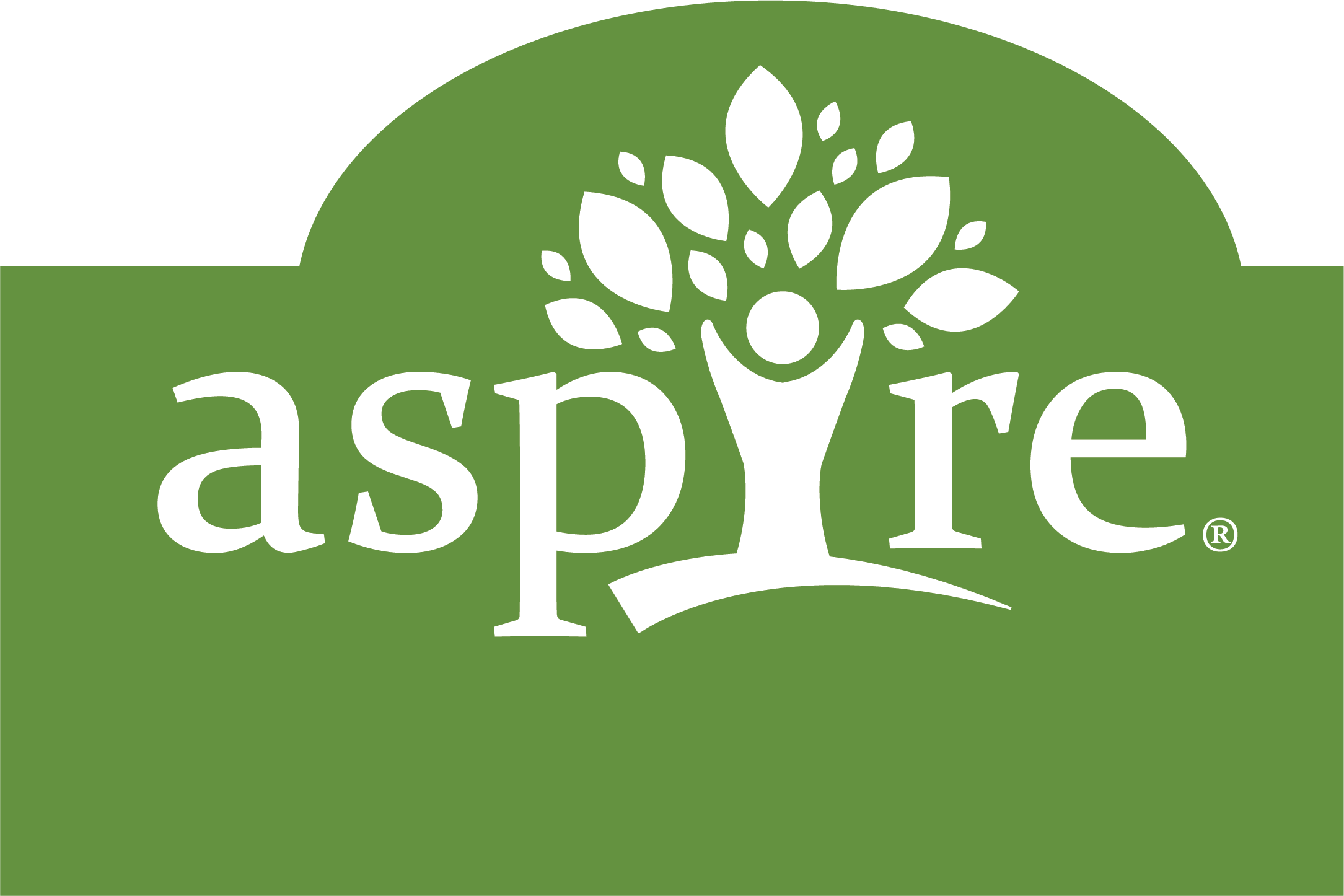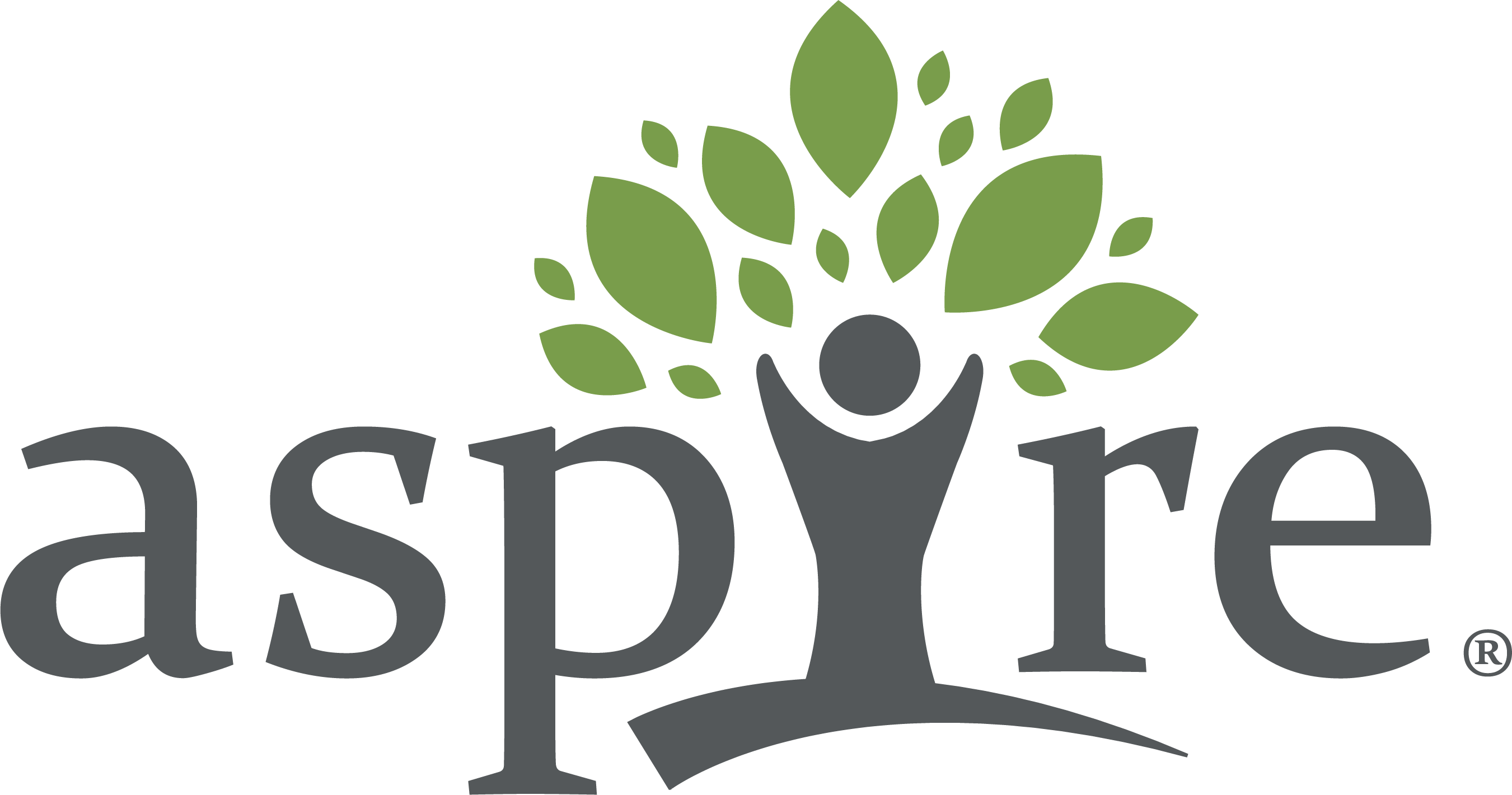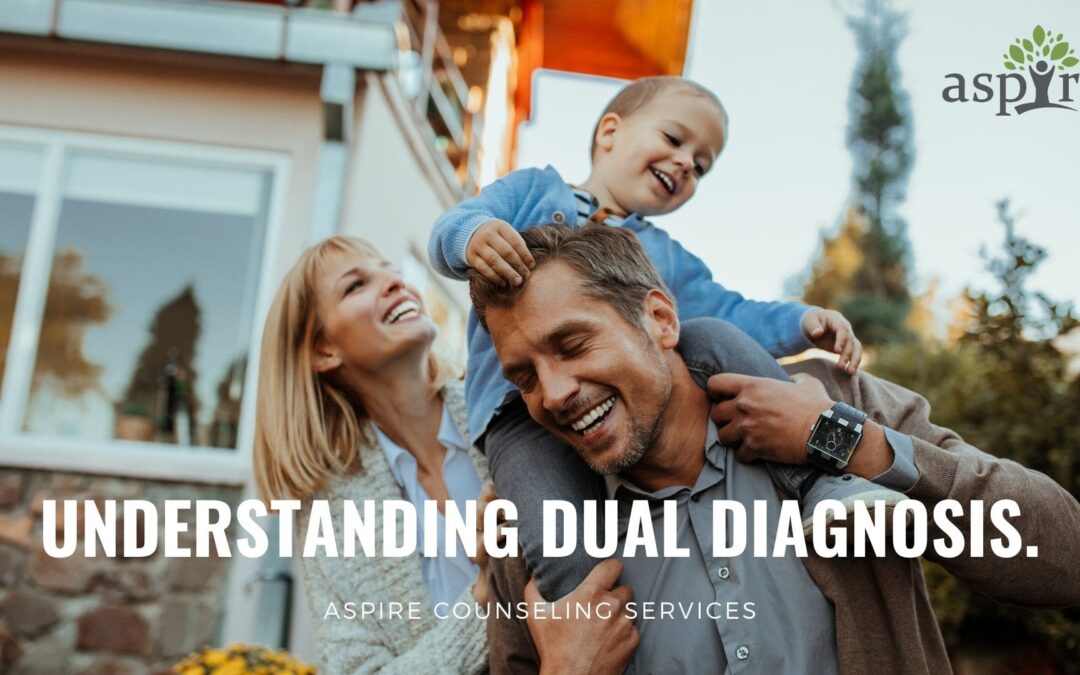According to the National Survey on Drug Use and Health, over 9 million adults in the U.S. in 2018 experienced both mental illness and substance use disorder. Often, people experiencing a mental health condition may turn to drugs or alcohol as a form of self-medication to improve their mental health symptoms. Many mental illnesses result in emotional anxiety or depression and using drugs or alcohol can make those feelings go away for a short period of time. However, research shows that alcohol and drugs worsen the symptoms of mental illness. Someone with a mental health disorder is twice as likely to develop substance use disorder than someone who does not have a mental disorder.
Many mental illnesses are treated with medications to suppress the symptoms. Some people will not feel the suppression of symptoms they are seeking, so they will abuse the prescribed drugs or use other drugs to gain relief from their symptoms. A tolerance can also develop to some prescribed medications and patients will consume more drugs to achieve the same results. All these scenarios can result in substance use disorder.
Those mental health disorders commonly linked to substance use disorder include:
- Attention-Deficit Hyperactivity Disorder (ADHD)
- Bipolar Disorder
- Borderline Personality Disorder
- Depression
- Eating Disorders
- Generalized Anxiety Disorder (GAD)
- Obsessive Compulsive Disorder
- Post-traumatic Stress Disorder
- Schizophrenia
Another consideration regarding dual diagnosis is that those who frequently abuse drugs or alcohol are likely to develop a co-occurring behavioral or mental health disorder. Some of that is due to brain responses, with the drugs eliciting symptoms that mimic mental health illnesses, and some excessive use of drugs causing psychosis where people lose touch with reality. There is also concern that adolescents and young adults are more prone to brain damage from experimenting with drugs due to their still developing brains. This makes them more likely to suffer from substance abuse problems and mental health problems as they age.
There are a few warning signs of co-occurring disorder:
- Sudden change in behavior
- Difficulty with daily tasks and responsibilities
- Avoiding social activities that were once enjoyed
- Poor hygiene
- Inability to manage finances
- Cognitive impairment
- Poor work or school performance
- Erratic or impulsive behaviors
- Suicidal thoughts or behaviors
- Refusal to seek treatment or comply with treatment
It doesn’t matter whether a person developed the substance use disorder first and then was diagnosed with a mental disorder, or whether they had a mental disorder and began abusing drugs or alcohol, either way a treatment plan must target both disorders simultaneously. Each condition affects the other condition; therefore, it is important to assure that any symptoms of a mental health or behavioral disorder in a person suffering from substance use disorder must be addressed. An integrated treatment plan must address both the substance use disorder and the co-occurring mental health disorder as interconnected mental health issues. Any attempts to treat one without treating the other is not likely to achieve full results.
At Aspire Counseling Services, an individualized treatment program will be developed to address the specific mental disorder and type of addiction you or your loved one are suffering from. The therapists at Aspire Counseling Services in Bakersfield, California are experienced in dealing with dual diagnoses and will provide you with the best opportunity for successful treatment.

Planting Seeds, Saving Lives
Copyright © 2026 Aspire Counseling Services® | Privacy Practices | Terms and Conditions | Powered & Designed by Citryn, LLC

Planting Seeds, Saving Lives.
Available 24/7 (888) 585-7373
FOLLOW US ON SOCIAL MEDIA
MENU
HOME
OUR SERVICES
LOCATIONS
STAFF
ABOUT ACS
BLOGS
RESOURCES
CONTACT US
LOCATIONS
ARROYO GRANDE
ACS BAKERSFIELD
ABH BAKERSFIELD
FRESNO
SIMI VALLEY
Privacy Practices
Copyright © 2020 Aspire Counseling Services®
Powered & Designed by Citryn, LLC

